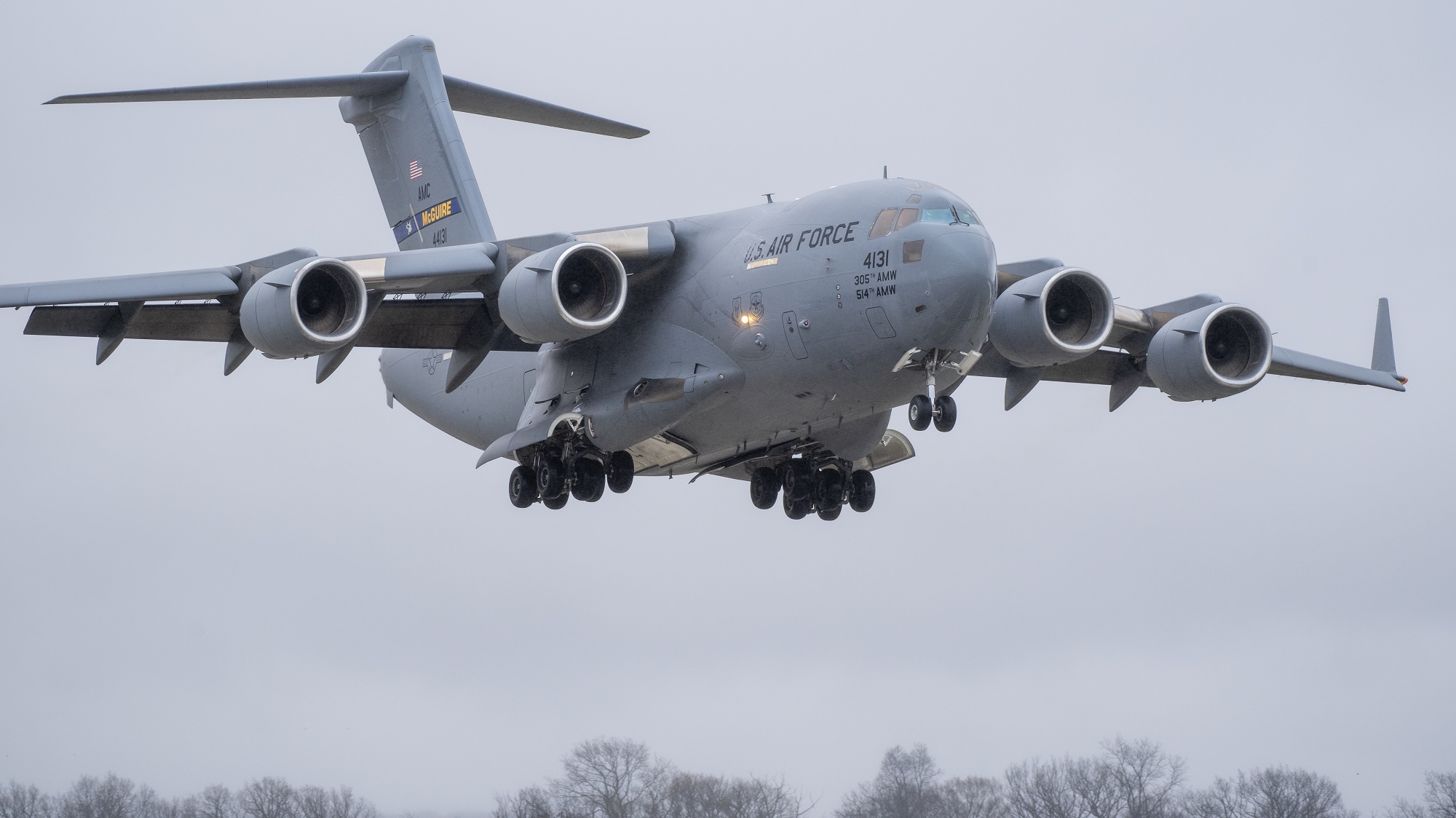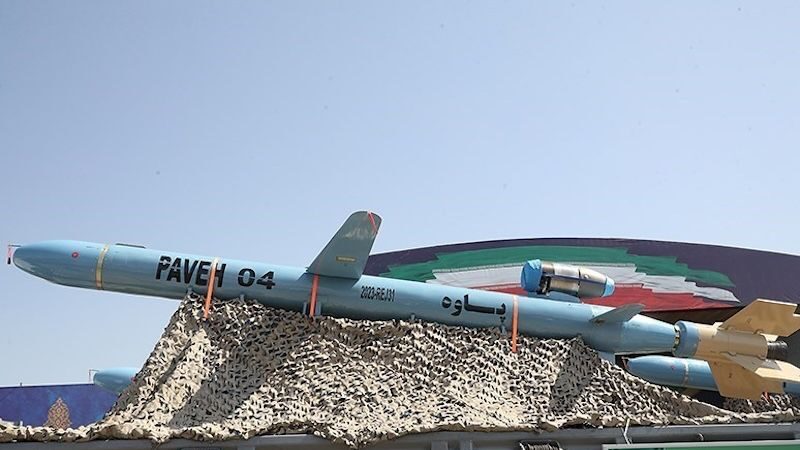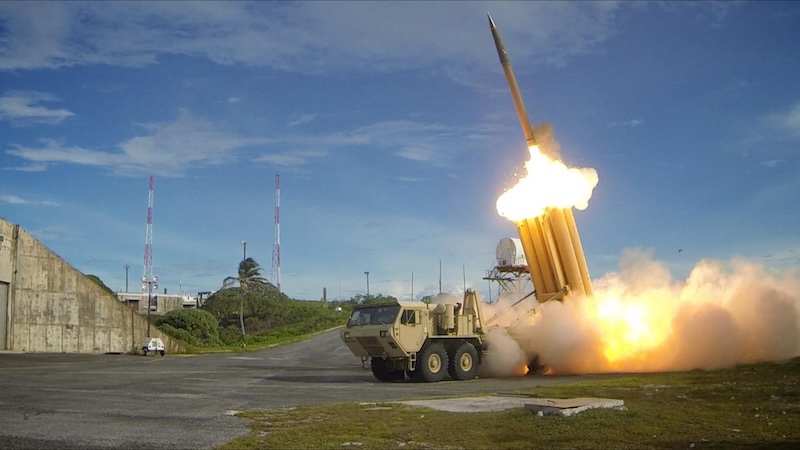U.S. supply chains are powering Israel’s military
The success of the Israeli military can be linked back to support from the U.S. The post U.S. supply chains are powering Israel’s military appeared first on FreightWaves.
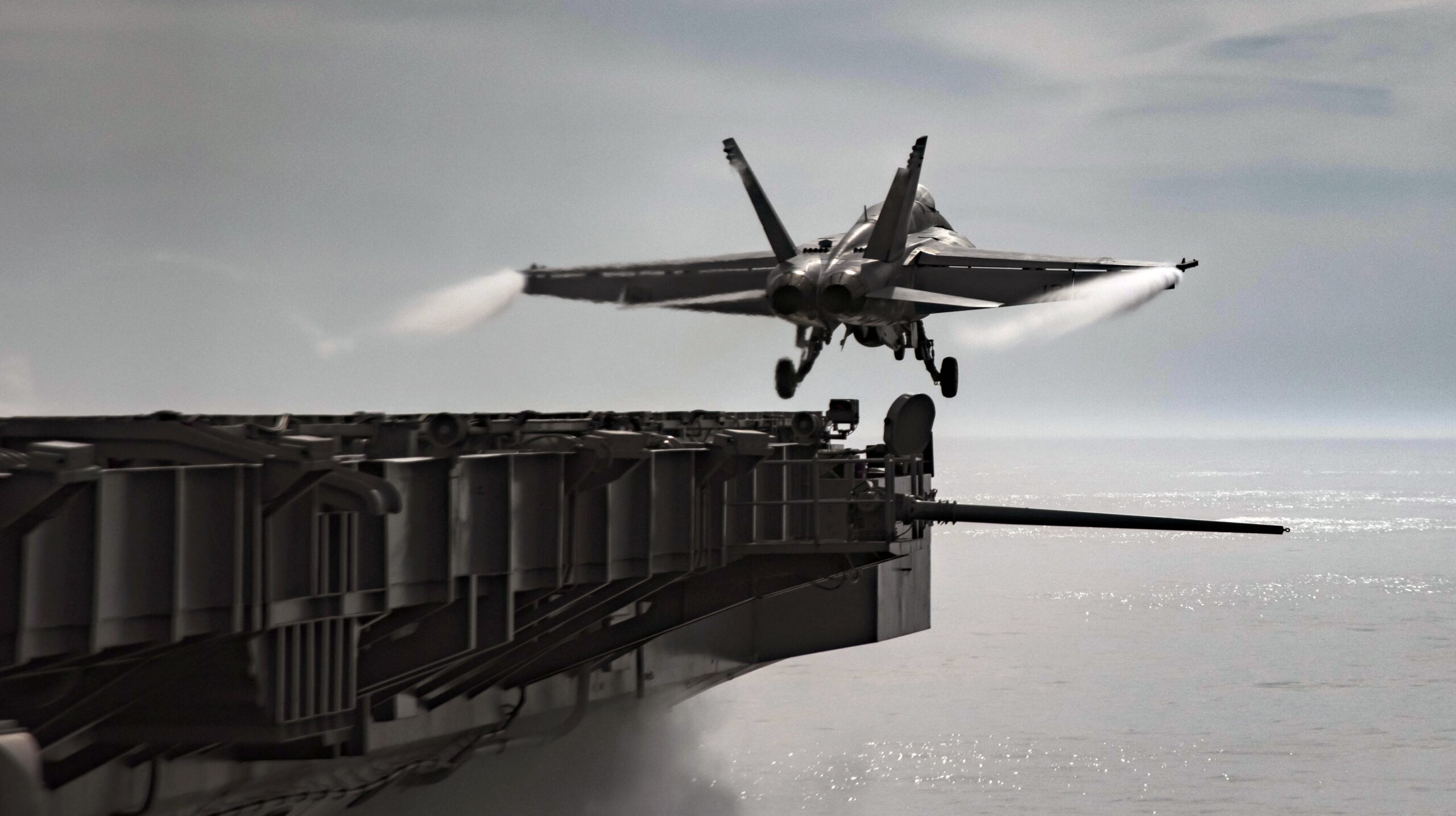
Introduction to the U.S.-Israel Military Partnership
The U.S.-Israel military relationship is a cornerstone of Middle Eastern geopolitics, underpinning one of the region’s most advanced militaries. From F-35 jets dominating the skies to Iron Dome interceptors neutralizing threats, the steady flow of U.S.-made weapons, munitions, and technology ensures Israel’s qualitative military edge. Formalized in the 1960s, this partnership has made the United States Israel’s primary arms supplier, driven by shared strategic interests. The 2016 Memorandum of Understanding (MOU) solidified this commitment, pledging $38 billion in military aid from 2018 to 2028—$33 billion for weapons procurement and $5 billion for missile defense. This robust supply chain delivers everything from precision-guided munitions to cutting-edge aircraft, reinforcing Israel’s defense capabilities with predominantly American-made equipment.
Core Components of the Supply Chain
The U.S.-Israel military supply chain operates through three key mechanisms, each ensuring a seamless flow of critical assets:
Foreign Military Sales (FMS)
The Pentagon’s Defense Security Cooperation Agency (DSCA) oversees the FMS program, the primary channel for transferring U.S.-made military equipment to Israel. Since October 2023, over 100 FMS transactions have delivered thousands of smart bombs, bunker-busting munitions, and small arms. Many transfers bypass standard Congressional oversight for expedited delivery, enabling near-immediate deployment of critical supplies—an efficient pipeline for urgent operational needs.
Foreign Military Financing (FMF)
Through the FMF program, Israel receives $3.3 billion annually, a dedicated credit line for purchasing U.S.-made defense equipment. This funding supports major acquisitions, such as the F-35 program, with 36 of 75 planned jets delivered by 2024. FMF creates a virtuous cycle: Israel bolsters its military capabilities, while U.S. defense contractors maintain steady production, supporting American jobs and industry.
War Reserves Stock Allies-Israel (WRSA-I)
Established in the 1990s, the WRSA-I is a U.S.-owned stockpile in Israel, holding an estimated $1.8 billion in munitions, missiles, and vehicles. This strategic reserve, accessible with Congressional approval, serves as an emergency arsenal for rapid mobilization during conflicts, such as the Israel-Hamas war. By pre-positioning assets, WRSA-I minimizes response times, acting as a just-in-time inventory solution.
Key Players in the Supply Chain
The supply chain is a coordinated effort between U.S. government agencies and private industry. The Department of Defense and DSCA manage operations, while the State Department ensures compliance with legal and diplomatic standards. Major defense contractors are integral to production:
- Lockheed Martin manufactures the F-35 Lightning II, a cornerstone of Israel’s air superiority.
- Raytheon produces Iron Dome interceptor missiles, critical for missile defense.
- Boeing supplies precision-guided munitions, including smart bombs.
These companies anchor a global logistics network spanning manufacturing plants, transportation hubs, and deployment sites. U.S. military assets, including C-17 Globemaster aircraft, naval vessels, and carrier strike groups, ensure open supply lines. After the October 7, 2023, Hamas attack, the Pentagon rapidly deployed resources to the region, maintaining uninterrupted support during heightened conflict.
Scale and Impact of the Supply Chain
The supply chain’s scope is staggering. From 2019 to 2023, the U.S. accounted for 69% of Israel’s arms imports, dwarfing contributions from Germany (30%) and Italy (0.9%). Since October 2023, tens of thousands of tons of equipment, munitions, spare parts, and support materials have crossed the Atlantic to sustain Israeli operations.
Israel’s F-35 fleet, fully funded by U.S. aid, marks the first international deployment of this advanced jet, ensuring unmatched air dominance. The Iron Dome, backed by $3.4 billion in U.S. funding since 2011, relies on American-made interceptors and upgrades, with each interception showcasing the supply chain’s precision. Beyond hardware, the U.S. provides intelligence, satellite imagery, and real-time logistical support, bolstered by regional military assets positioned to counter threats from adversaries like Iran or Hezbollah.
Technological and Strategic Advancements
Israel’s arsenal reflects the sophistication of U.S. defense technology. Alongside F-35s, the supply chain delivers Apache helicopters, Hellfire missiles, and JDAM kits, transforming conventional bombs into precision-guided weapons. The Iron Dome, co-developed with Raytheon, depends on a steady flow of U.S.-made interceptors. Conventional arms, including small arms and ammunition, ensure ground forces remain combat-ready.
The WRSA-I stockpile enhances strategic flexibility, offering pre-positioned munitions and vehicles that reduce logistical delays during crises. Combined with U.S. airlift capabilities—demonstrated by the 2023 munitions surge—this supply chain delivers unmatched responsiveness and resilience.
Economic and Geopolitical Implications
This supply chain is more than a logistical feat; it’s a strategic and economic partnership. For Israel, U.S. support is a lifeline, enabling deterrence in a volatile region. As Israeli General Yitzhak Brick stated, “All of our missiles, ammunition, precision-guided bombs, airplanes—it’s all from the U.S.” Without this pipeline, Israel’s military capacity would falter.
For the U.S., the arrangement sustains defense industry production, driving innovation and employment. It also secures a reliable ally to counterbalance Iran and its proxies. The logistics network—airbases, ports, and stockpiles—serves as a model for supporting other global partners, enhancing U.S. power projection.
The U.S.-Israel military supply chain is a masterclass in defense logistics, blending government coordination, private sector expertise, and advanced technology. From FMF to WRSA-I, each component ensures Israel remains equipped and combat-ready. This high-stakes operation not only delivers rapid-response capabilities but also shapes Middle Eastern geopolitics. As a pinnacle of global defense logistics, the U.S.-Israel partnership underscores the enduring power of strategic alliances in fostering regional stability and international security.
The post U.S. supply chains are powering Israel’s military appeared first on FreightWaves.







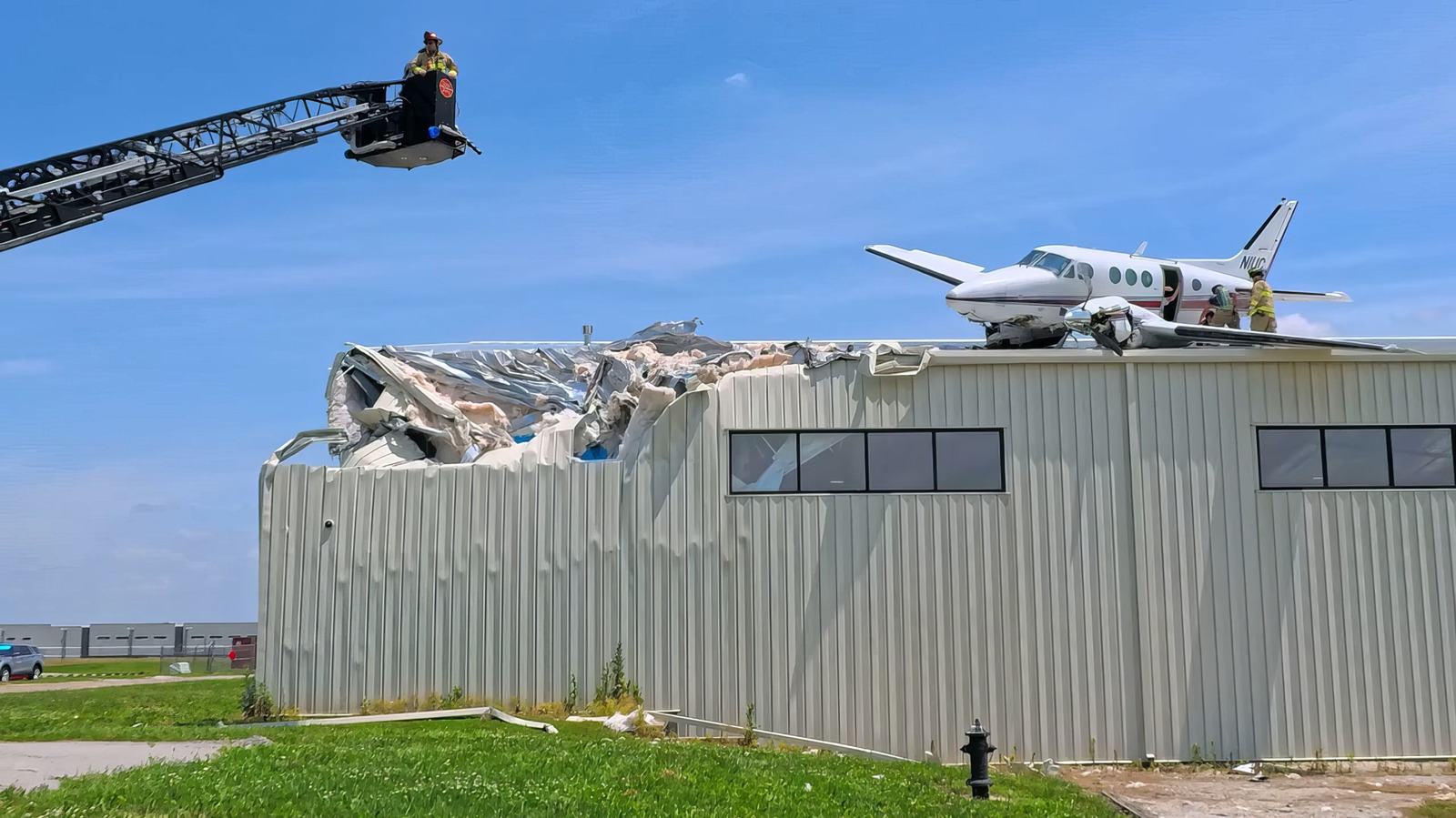









































































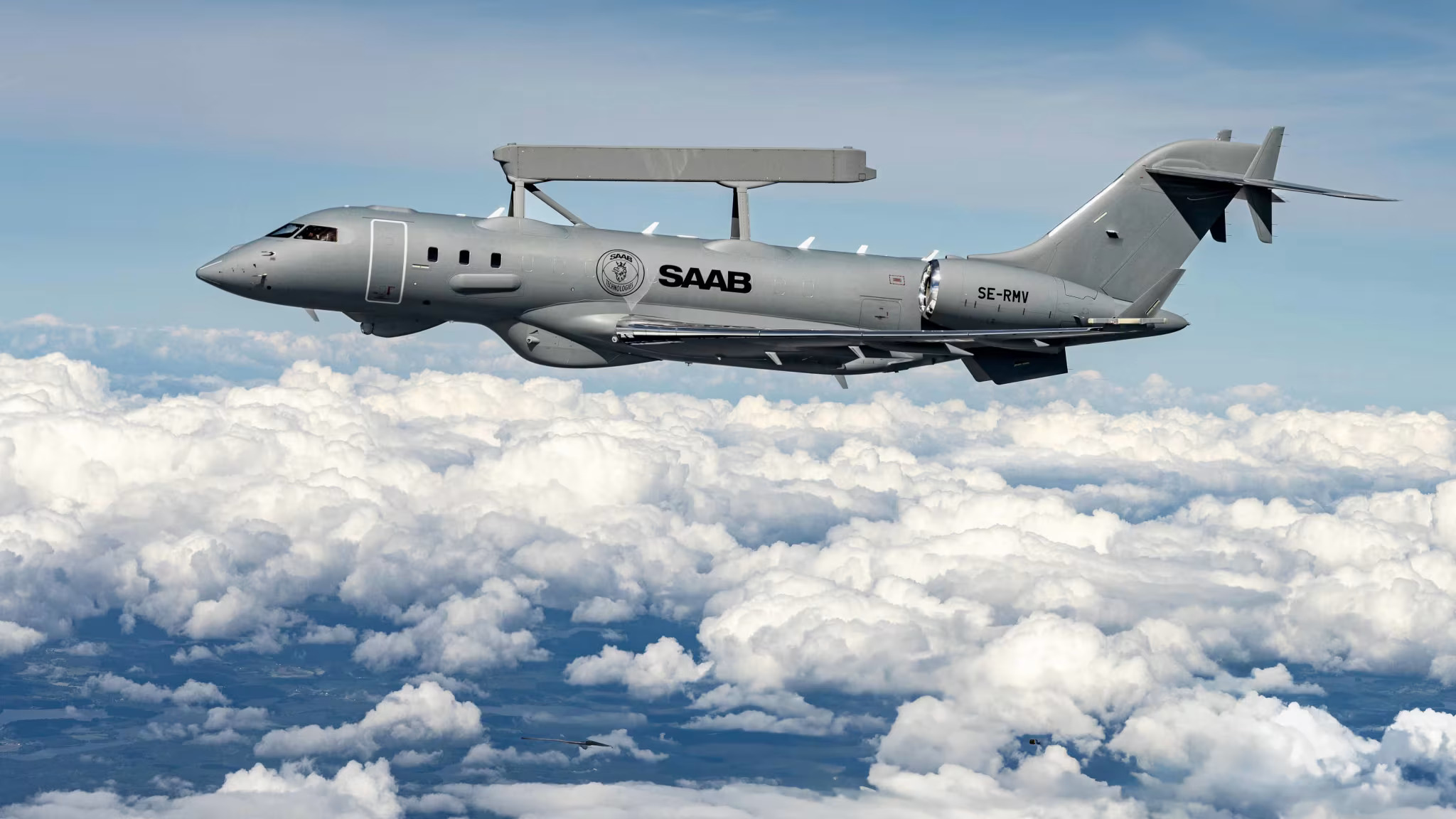
![A look at the jets flying high above the Paris Air Show [PHOTOS]](https://breakingdefense.com/wp-content/uploads/sites/3/2025/06/Rafale_02-scaled-e1750268097167.jpg?#)















